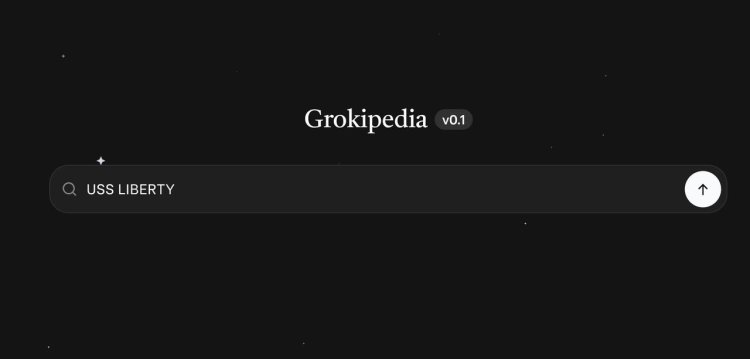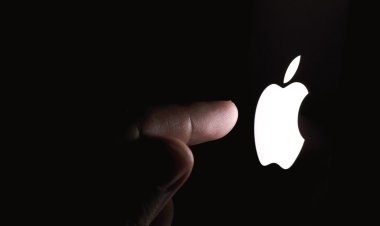Musk’s Anti-Woke “Grokipedia” Has Landed — Hosts ~900,000 Articles On Day 1

Elon Musk’s AI company xAI has officially launched Grokipedia, an “anti-woke” alternative to Wikipedia, designed to deliver what Musk calls “the truth, the whole truth and nothing but the truth.” The site went live on October 27–28, 2025, and by the end of its first day already hosted nearly 900,000 articles. Musk described this first release as Version 0.1, promising that “Version 1.0 will be 10× better.”
Built by xAI the same company behind Musk’s generative AI chatbot Grok, which powers features on his social platform X Grokipedia aims to serve as a new kind of knowledge base, blending AI-driven content generation with human fact-checking. According to Musk, the motivation behind the project is a response to what he perceives as ideological bias in Wikipedia, which he has repeatedly criticized for a “far-left,” “woke” editorial culture. Musk has even encouraged users to stop donating to Wikipedia until it reforms its policies.
Grokipedia’s homepage features a minimalist, dark-mode interface with a single search bar and no advertisements. Despite being in its early stage, it already contains hundreds of thousands of detailed entries. However, journalists and users quickly noticed that many articles were nearly identical to Wikipedia’s, word-for-word in some cases. This has raised copyright and originality questions, since Wikipedia’s content is licensed under Creative Commons (CC BY-SA), which requires attribution and share-alike compliance.
Where Grokipedia differs most sharply from Wikipedia is in its approach to controversial topics. For instance, the New York Times reported that Grokipedia’s article on gender transition states that the medical evidence is “limited and of low quality,” while Wikipedia’s version says “scientific understanding has existed for decades.” Similarly, Grokipedia discusses theories suggesting that the rise in transgender identification since the 2010s may be influenced by “social contagion,” a viewpoint Wikipedia omits. Critics argue that while Musk’s platform claims to combat bias, it may simply replace one form of bias with another.
Wikipedia, launched in 2001, remains the world’s seventh most-visited website, with over 7 million English-language articles across 329 languages, drawing more than 4 billion monthly visits. It operates under the policies of verifiability and neutral point of view. Yet, it has long faced accusations of ideological manipulation by activist editors something Musk says he hopes Grokipedia can fix through AI-based transparency and truth verification.
At launch, Grokipedia’s entries on less contentious topics were generally accurate and comprehensive, but often relied on far fewer sources than their Wikipedia counterparts. For example, an article about the Chola Dynasty included only three references compared to Wikipedia’s 113. Critics from The Guardian and AP News note that many Grokipedia pages lack editorial transparency, clear sourcing standards, or revision history, making it difficult to verify their accuracy.
As Grokipedia evolves toward its promised Version 1.0, several questions remain: Will it allow community editing like Wikipedia? Will xAI disclose its data sources and moderation processes? And can it truly maintain neutrality while being promoted as an “anti-woke” alternative?
Despite the skepticism, Grokipedia represents an ambitious experiment in using AI as a knowledge curator. Whether it becomes a serious rival to Wikipedia or merely an ideological echo chamber will depend on how xAI handles issues of transparency, accuracy, and trust in the months ahead.
Related Reading:
https://apnews.com/article/4dab7c6ebb16cc7718b231adae4aac95?utm_source=chatgpt.com























